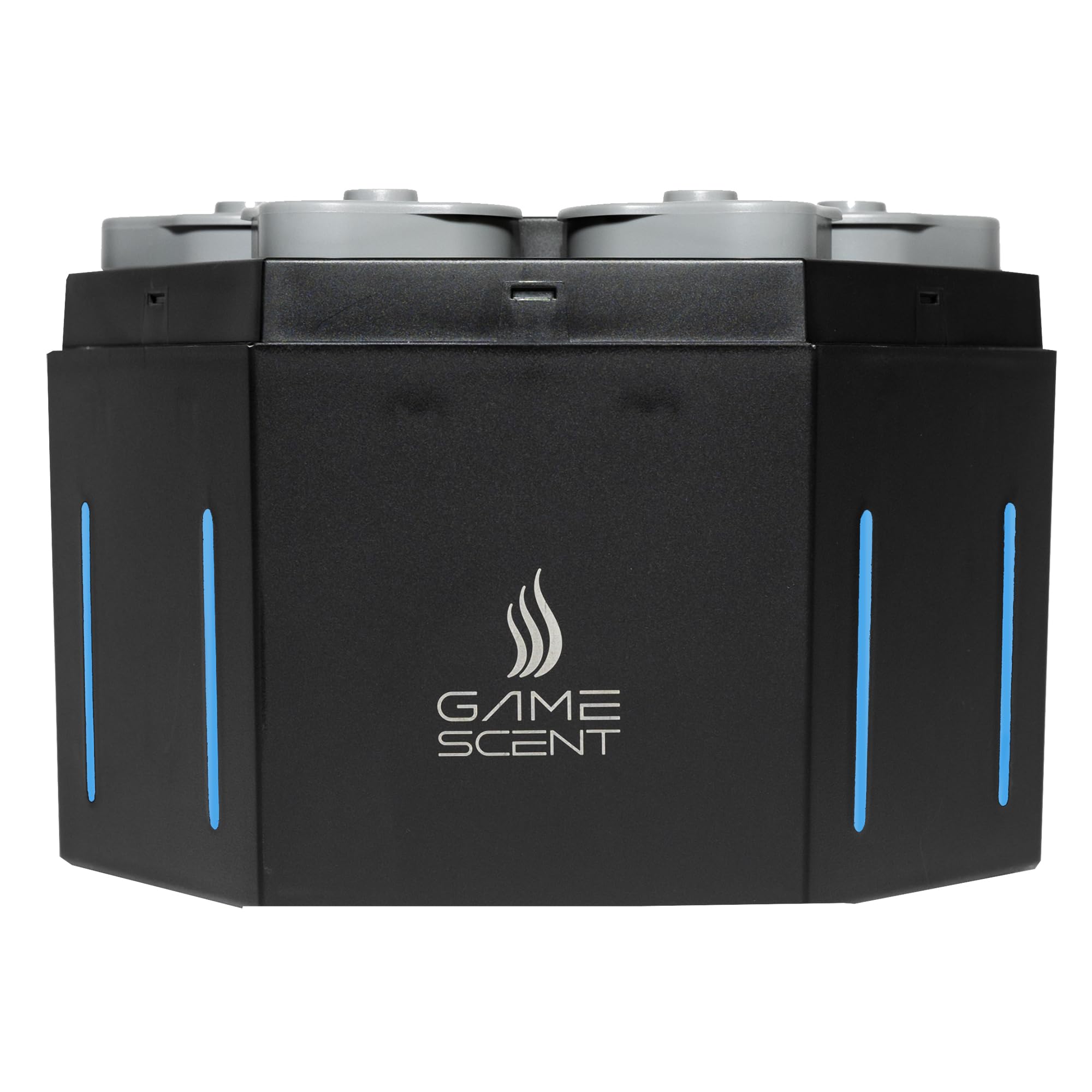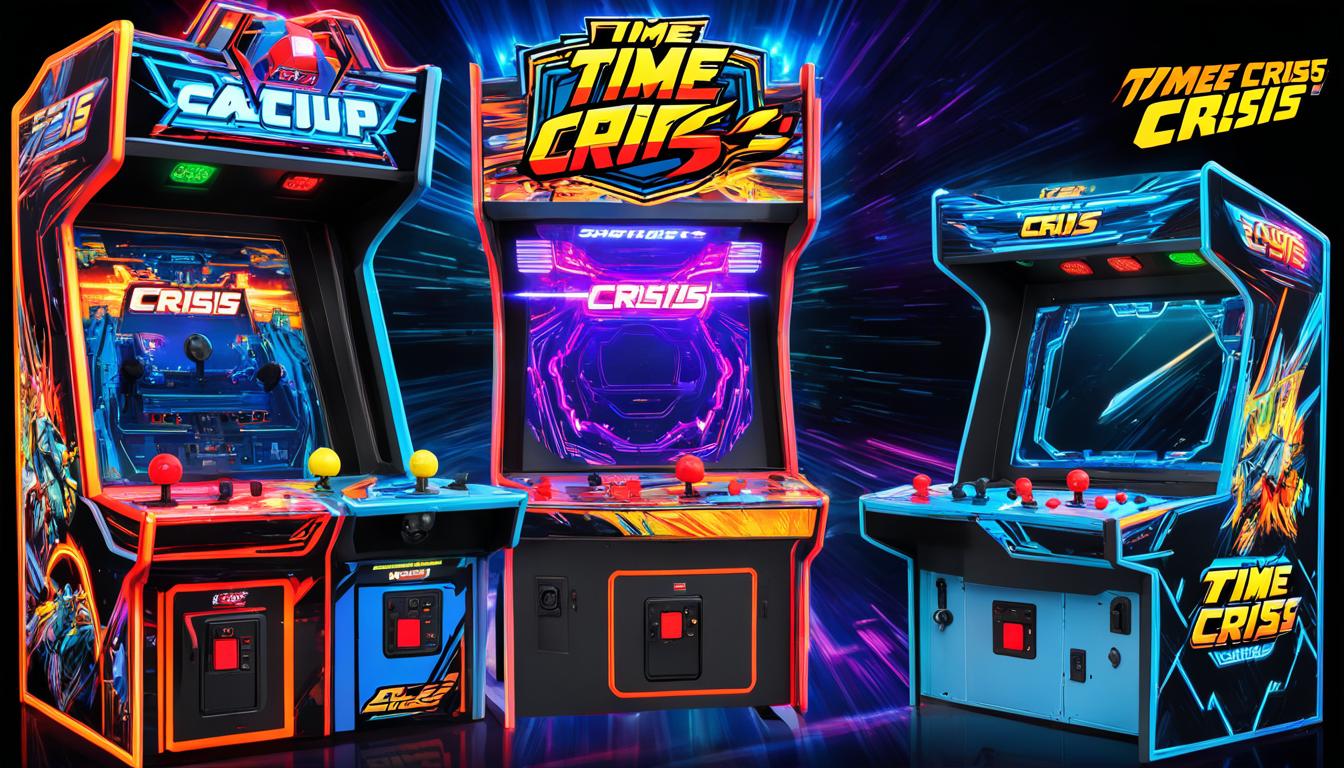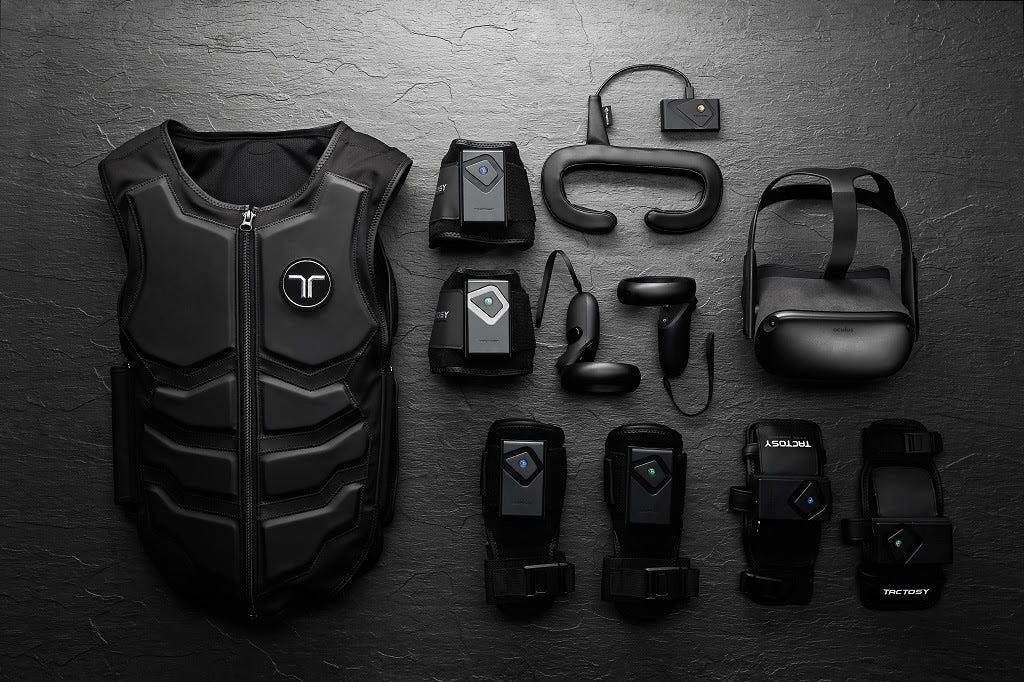For a few weeks, several law firms have made headlines with their announcements that they are looking into suing CDPR for a multitude of reasons stemming from the company’s blatant false advertisement surrounding Cyberpunk 2077 and the subsequent stock devaluation that occurred when said false advertisements were discovered by the general populous. These allegations were later confirmed by CDPR themselves, who admitted they had intentionally misled consumers and their investors on the matter.
Keep in mind that suing a video game publisher or developer has been exceedingly difficult as the laws have yet to catch up with the software development industry. Any other industry, say automotive, were to conduct themselves in a similar fashion to the software industry, fines would be assessed, consumer lawsuits would be filed, investors would start votes of no confidence, and depending on the severity of the issue, people may go to prison. The last instance would be less applicable for the software industry unless said software resulted in fatalities or misleading statements were made to investors and security exchanges.
Most lawsuits fizzle out in court as defendants argue development is a challenging process with ups and downs. A process that, in the end, is unknowable how the end product will turn out. An argument that would never fly in the automotive industry if the brakes didn’t work, the speed-o-meter worked inconsistently, and the transmission sporadically died.
Despite a rock-solid case in most other industries, it was exceedingly unlikely any of these lawsuits would get off the ground. That was until the first was filed on the night before Christmas when The Rosen Law Firm out of L.A. filed a class-action lawsuit https://www.courthousenews.com/wp-content/uploads/2020/12/Trampe_CDProjekt-COMPLAINT.pdf on behest of Andrew Trampe.
Said lawsuit goes further than naming the company itself to include several high-ranking employees directly engaged, according to the lawsuit, in fraudulent behaviors.
Nature of the Action
This is a class action on behalf of persons or entities who purchased or otherwise acquired publicly traded CD Projekt securities between January 16, 2020 and December 17, 2020, inclusive (the “Class Period”). Plaintiff seeks to recover compensable damages caused by Defendants’ violations of the federal securities laws under the Securities Exchange Act of 1934 (the “Exchange Act.
Parties
Plaintiff, as set forth in the accompanying Certification, purchased the Company’s securities at artificially inflated prices during the Class Period and was damaged upon the revelation of the alleged corrective disclosure.
Defendant CD Projekt, through its subsidiaries, engages in the development and digital distribution of videogames worldwide. It operates through two segments, CD PROJEKT RED and GOG.com. The Company’s product portfolio includes The Witcher; The Witcher 2: Assassins of Kings; The Witcher 3: Wild Hunt, Hearts of Stone games, and Blood and Wine; Thronebreaker: The Witcher Tales; Gwent: The Witcher Card game; and Cyberpunk 2077, as well as online multiplayer games.
CD Projekt is incorporated in Delaware and its head office is located at Building E, ul. Jagiellonska 74, Warsaw 03-301, Poland. CD Projekt’s American Depository Receipts (“ADRs”) trade on the OTC Pink under the ticker symbol “OTGLY”, and its ordinary shares trade on the OTC Pink under the ticker symbol “OTGLF.”
Defendant Adam Michal Kicinski (“Kicinski”) has served as the Company’s Joint Executive Officer (“CEO”) and as President of the Management Board throughout the Class Period.
Defendant Piotr Marcin Nielubowicz (“Nielubowicz”) has served as the Company’s Chief Financial Officer (“CFO”) and Vice-President of the Management Board throughout the Class Period.
Defendant Michał Nowakowski (“Nowakowski”) has served as the vice president of business development and member of the Management Board throughout the Class Period.
Defendants Kicinski, Nielubowicz, and Nowakowski are sometimes referred to herein as the “Individual Defendants.”
Each of the Individual Defendants:
(a) directly participated in the management of the Company;
(b) was directly involved in the day-to-day operations of the Company at the highest levels;
(c) was privy to confidential proprietary information concerning the Company and its business and operations;
(d) was directly or indirectly involved in drafting, producing, reviewing and/or disseminating the false and misleading statements and information alleged herein;
(e) was directly or indirectly involved in the oversight or implementation of the Company’s internal controls;
(f) was aware of or recklessly disregarded the fact that the false and misleading statements were being issued concerning the Company; and/or
(g) approved or ratified these statements in violation of the federal securities laws.
The Company is liable for the acts of the Individual Defendants and its employees under the doctrine of respondeat superior and common law principles of agency because all of the wrongful acts complained of herein were carried out within the scope of their employment.
The scienter of the Individual Defendants and other employees and agents of the Company is similarly imputed to the Company under respondeat superior and agency principles
The Company and the Individual Defendants are referred to herein, collectively, as the “Defendants.”
The lawsuit itself is an interesting read by itself, but it merely sums up what has been in the public sphere and likely what you’ve heard from your favorite YouTuber. Crucial to the discussion, the lawsuit lays as its foundation both the lies and how the eventual truth came out and was admitted to by CDPR, which will render the lawsuit difficult to contest on the grounds of illegitimacy.
The Truth Emerges
The Company launched Cyberpunk 2077 on December 10, 2020. Consumers soon discovered that the Current-Generation Console versions of Cyberpunk 2077 were error-laden and difficult to play. IGN published a scathing review, stating that the Console versions “fail[] to hit even the lowest bar of technical quality one should expect even when playing on lower-end hardware. [Cyberpunk 2077] performs so poorly that it makes combat, driving, and what is otherwise a master craft of storytelling legitimately difficult to look at.”
On December 14, 2020, facing criticisms for delivering an unplayable, bug-ridden product on the Consoles, the Company held a conference call. During the call, Defendant Kicinski called the Current-Generation Console versions “way below our expectations,” and stated the following:
“After 3 delays, we as the Management Board were too focused on releasing the game. We underestimated the scale and complexity of the issues, we ignored the signals about the need for additional time to refine the game on the base last-gen consoles. It was the wrong approach and against our business philosophy. On top of that, during the campaign, we showed the game mostly on PCs.”
During that same call, Defendant Nielubowicz stated “we definitely did not spend enough time looking at that,” when referring to issues with the Current-Generation Console versions
CDPR has announced they will fight the class action, but with stock value falling, this matter will likely resolve in an out of court settlement. CDPR’s previously legal litigation with the Witcher Series creator after they breached the contract with the development of a 4th game resulted in an out of court settlement that saw money and rights change hands.
With mounting pressure, this issue will likely similarly resolve itself, but that is to be seen. Lawsuits against the software industry are difficult to fight, so CDPR may have a better position legally than anticipated.









